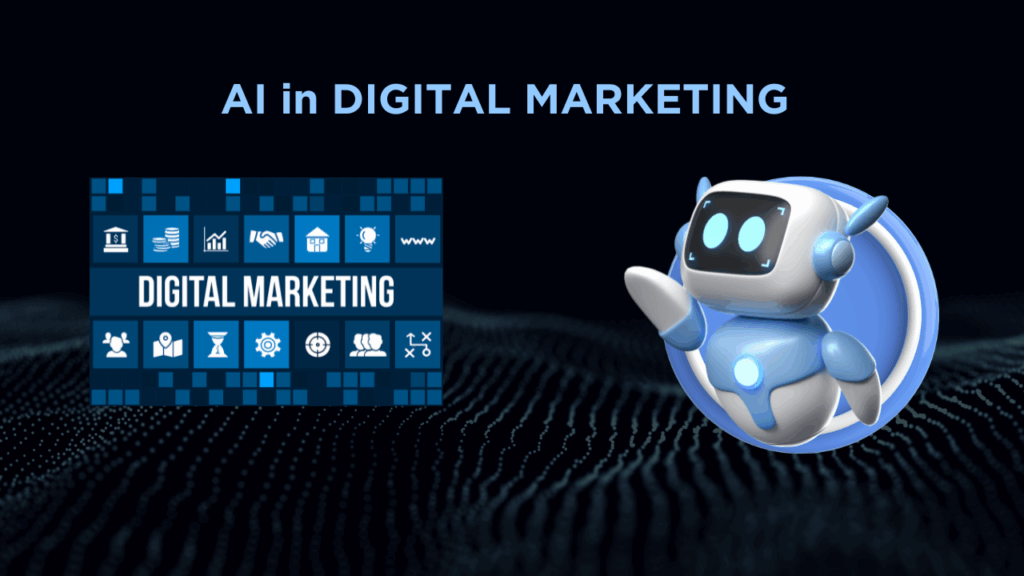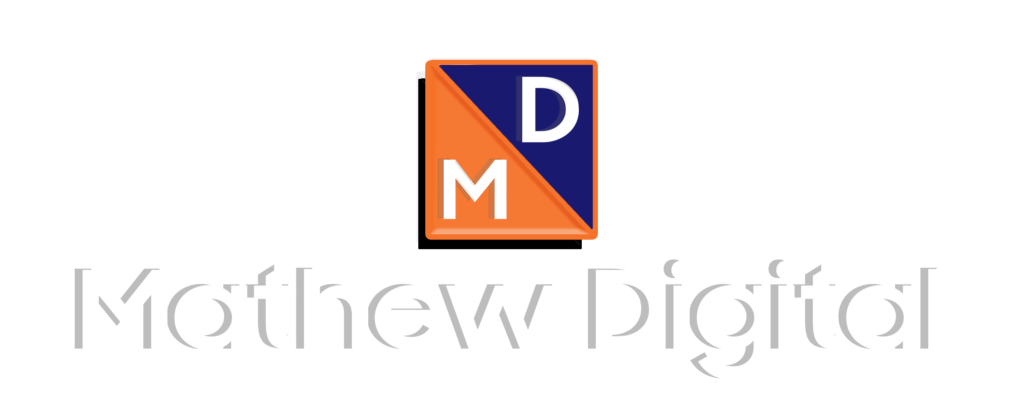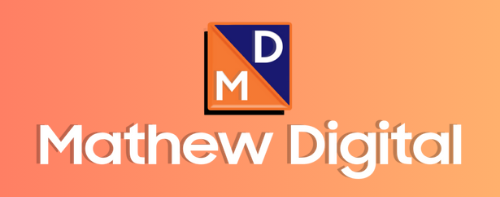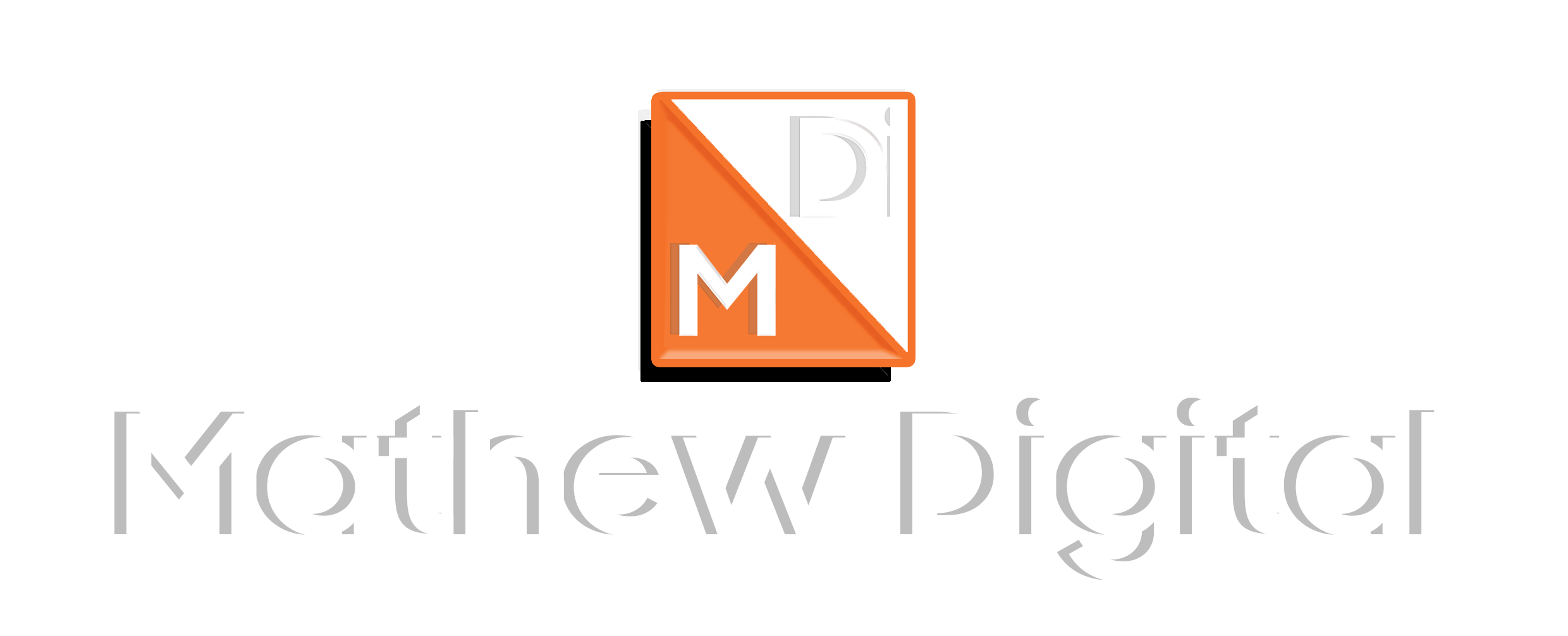
The world of digital marketing is evolving at an unprecedented pace, and Artificial Intelligence (AI) is at the forefront of this transformation. From automation to predictive analytics, AI is reshaping how businesses engage with customers, optimize campaigns, and boost ROI. As we step into 2025, the role of AI in digital marketing, specifically AI and digital marketing, is more significant than ever. In this comprehensive guide, we will explore how AI is revolutionizing the industry and how businesses can leverage it for growth.
Contents
- 1 What is AI in Digital Marketing?
- 2 How AI is Transforming Digital Marketing in 2025
- 3 4. AI in Content Creation and Optimization
- 4 5. Automated Email Marketing
- 5 6. Voice Search and AI-Optimized SEO
- 6 7. AI-driven PPC and Paid Advertising
- 7 8. Social Media Marketing with AI
- 8 9. Predictive Analytics for Marketing Success
- 9 10. AI in Influencer Marketing
- 10 The Use of AI in Digital Marketing: Key Benefits
- 11 Digital Marketing Using AI: Challenges and Solutions
- 12 The Future of Artificial Intelligence and Digital Marketing
- 13 Conclusion
- 14 FAQs
What is AI in Digital Marketing?
AI in digital marketing refers to the use of machine learning algorithms, data analytics, and automation tools to enhance marketing strategies. AI helps businesses understand consumer behavior, personalize content, and optimize ad campaigns for better results.
The Growing Importance of AI in Digital Marketing
With the increasing amount of data generated every day, traditional marketing methods are no longer sufficient. AI-powered tools analyze large datasets in real-time, providing valuable insights that drive better decision-making and improve marketing efficiency through AI for digital marketing.
How AI is Transforming Digital Marketing in 2025
1. AI-Powered Data Analytics
AI enables marketers to analyze vast amounts of data quickly and accurately. Businesses can gain deep insights into customer preferences, purchase history, and online behavior, allowing them to create more effective marketing strategies.
With AI-driven data analytics, marketers no longer need to rely on guesswork. AI can track real-time data from multiple sources, including social media, website interactions, and email campaigns. This helps in identifying patterns, predicting customer behavior, and personalizing marketing efforts. By using machine learning algorithms, businesses can optimize their marketing campaigns based on data-driven insights, ensuring better conversion rates and ROI.
2. Personalization and Customer Experience
AI-driven personalization enhances user experience by delivering tailored content, product recommendations, and targeted advertisements. This increases engagement, conversions, and customer satisfaction.
Customers today expect personalized interactions with brands. AI enables businesses to segment audiences more accurately and deliver hyper-targeted content. AI-powered recommendation engines, like those used by Netflix and Amazon, analyze user behavior to suggest relevant products and content. Additionally, AI can personalize website experiences by dynamically adjusting content based on a visitor’s preferences, leading to increased engagement and sales.
3. Chatbots and AI Assistants

AI-powered chatbots are transforming customer service by providing instant responses and 24/7 support. These intelligent assistants handle inquiries, offer product recommendations, and even complete transactions without human intervention.
AI chatbots are becoming increasingly sophisticated, understanding natural language and context better than ever before. They can handle multiple conversations simultaneously, reducing wait times for customers. AI chatbots also integrate with CRM systems to provide personalized responses based on past interactions. This not only improves customer satisfaction but also reduces operational costs for businesses.
4. AI in Content Creation and Optimization
AI tools like GPT-4 and Jasper AI assist in generating high-quality content, blog posts, social media captions, and email marketing copies. AI also helps in optimizing content for SEO, ensuring higher rankings on search engines.
AI-driven content generation tools can create compelling blog posts, social media updates, and even video scripts within seconds. These tools analyze top-performing content in a given niche and generate SEO-friendly articles that drive traffic. Additionally, AI-powered content optimization tools suggest improvements in readability, keyword placement, and meta descriptions, enhancing search engine visibility.
5. Automated Email Marketing
AI automates email campaigns by segmenting audiences, predicting engagement rates, and personalizing messages. This increases open rates, click-through rates, and the overall effectiveness of email marketing.
AI-driven email marketing platforms use predictive analytics to determine the best times to send emails and the most effective subject lines. AI can also personalize email content based on user behavior, ensuring higher engagement. By automating repetitive tasks such as follow-ups and reminders, AI allows marketers to focus on strategy and creativity.
6. Voice Search and AI-Optimized SEO
With the rise of voice search, AI-powered SEO strategies are essential. AI helps optimize content for natural language queries, improving rankings on Google and other search engines.
Voice search is reshaping the way people interact with search engines. AI-powered SEO tools analyze voice search queries to identify patterns and trends. Marketers can optimize content for conversational queries by incorporating long-tail keywords and natural language phrases. AI also helps structure content in a way that makes it more likely to be featured in voice search results and rich snippets.
7. AI-driven PPC and Paid Advertising
AI automates and optimizes paid ad campaigns on platforms like Google Ads and Meta Ads. It analyzes data, adjusts bids, and targets the right audience to maximize ROI.
AI-driven PPC management tools monitor ad performance in real-time, adjusting budgets and targeting parameters based on user engagement. AI can also predict which ad creatives will perform best by analyzing past campaign data. This results in more cost-effective ad spending and higher conversion rates.
8. Social Media Marketing with AI
AI enhances social media strategies by analyzing user behavior, predicting trends, and automating content scheduling. AI-powered analytics provide insights into audience engagement and campaign performance.
AI tools can track social media conversations to understand brand sentiment and identify trending topics. Social media automation tools use AI to schedule posts at optimal times, increasing reach and engagement. AI also helps brands analyze competitor strategies and refine their social media campaigns accordingly.
9. Predictive Analytics for Marketing Success
AI-powered predictive analytics help businesses forecast trends, customer behavior, and market demand. This enables marketers to make data-driven decisions and stay ahead of the competition.
By analyzing historical data and market trends, AI can predict customer needs before they arise. Businesses can use predictive analytics to anticipate demand for products, adjust pricing strategies, and personalize marketing efforts. This proactive approach gives companies a competitive edge in a rapidly evolving market.
10. AI in Influencer Marketing
AI identifies the most relevant influencers for brand collaborations based on engagement metrics and audience demographics. It also measures campaign effectiveness and ROI.
Finding the right influencers is crucial for successful influencer marketing campaigns. AI tools analyze millions of social media profiles to match brands with influencers whose audiences align with their target demographics. AI also tracks influencer performance, measuring engagement rates, authenticity, and campaign impact to ensure maximum ROI.
The Use of AI in Digital Marketing: Key Benefits

Increased Efficiency and Productivity
AI automates repetitive tasks, allowing marketers to focus on strategy and creativity. This boosts efficiency and reduces human error.
Enhanced Customer Insights
AI provides deeper insights into customer behavior, enabling businesses to create highly targeted marketing campaigns.
Improved Decision-Making
AI-driven analytics help marketers make informed decisions by analyzing real-time data and predicting outcomes.
Better ROI and Cost Savings
AI optimizes marketing budgets by improving ad targeting, reducing wasteful spending, and maximizing conversions.
Hyper-Personalization at Scale
AI enables businesses to deliver highly personalized marketing experiences by analyzing user data, browsing behavior, and past interactions. This ensures that customers receive relevant content, product recommendations, and offers tailored to their preferences.
Enhanced Customer Engagement
AI-powered chatbots and virtual assistants provide 24/7 customer support, engage with users in real time, and improve overall customer satisfaction. This leads to better relationships and increased brand loyalty.
Smarter Marketing Automation
AI streamlines workflows by automating tasks such as email marketing, lead nurturing, and social media posting. This reduces manual effort while maintaining consistency in communication and engagement.
Fraud Detection and Cybersecurity
AI helps protect digital marketing campaigns from fraudulent activities like ad fraud, fake clicks, and spam traffic. It enhances security measures, ensuring marketing budgets are spent on genuine user interactions.
Digital Marketing Using AI: Challenges and Solutions
Data Privacy and Security
With increased reliance on AI, data privacy is a concern. Businesses must comply with regulations like GDPR and ensure secure data handling practices.
Integration with Existing Systems
Integrating AI with legacy marketing tools can be challenging. Companies should invest in AI-compatible platforms for seamless integration.
Maintaining a Human Touch
While AI automates processes, human creativity and emotional intelligence remain crucial. Brands should balance AI with human interaction for authenticity.
The Future of Artificial Intelligence and Digital Marketing

As AI technology continues to advance, its impact on digital marketing will only grow. Some emerging trends include:
- Hyper-Personalization with AI: AI will refine personalization techniques, delivering highly tailored experiences to consumers.
- AI-Generated Video Content: AI-powered tools will create engaging video content for marketing campaigns.
- AI in Augmented Reality (AR) and Virtual Reality (VR): AI will enhance immersive marketing experiences through AR and VR.
- AI-Optimized Conversational Marketing: AI chatbots will become more human-like, improving customer interactions.
- AI-Powered Voice Search Optimization – AI will refine voice search algorithms, making content more accessible through voice assistants like Alexa and Google Assistant.
- Predictive AI for Consumer Behavior Analysis – AI will analyze customer data to predict buying patterns, helping businesses create proactive marketing strategies.
- AI-Driven Sentiment Analysis – AI will assess customer emotions from social media and reviews, enabling brands to improve customer engagement.
- AI-Powered Programmatic Advertising – AI will automate ad placements, optimize budgets, and ensure maximum ROI in real-time.
- AI-Enabled Automated Influencer Marketing – AI will identify high-performing influencers and measure campaign effectiveness for better partnerships.
- AI in Multilingual and Global Marketing – AI-driven translation tools will create personalized marketing campaigns for diverse audiences worldwide.
Conclusion

AI in digital marketing is revolutionizing the industry by enhancing efficiency, personalization, and decision-making. From chatbots to predictive analytics, AI-driven strategies are helping businesses achieve better results and improve customer engagement.
As a leading digital marketing agency in Bangalore, Mathew Digital specializes in AI-powered marketing solutions that drive success. Our expertise in AI-driven SEO, targeted advertising, and automation ensures businesses achieve maximum ROI. Contact us today to leverage AI for your business growth.
FAQs
1. How is AI used in digital marketing?
AI is used in digital marketing for data analysis, personalization, automation, chatbots, SEO optimization, and predictive analytics, helping businesses improve efficiency and engagement.
2. What are the benefits of AI in digital marketing?
AI enhances efficiency, provides deep customer insights, improves decision-making, automates tasks, and increases ROI through optimized ad targeting and content personalization.
3. How does AI impact SEO strategies?
AI improves SEO by analyzing search patterns, optimizing content for voice search, predicting keyword trends, and automating technical SEO tasks.
4. Will AI replace human marketers?
AI will not replace human marketers but will enhance their capabilities. Marketers will use AI tools to improve strategies while maintaining creativity and human interaction.
5. How can businesses implement AI in digital marketing?
Businesses can implement AI through AI-powered tools for data analytics, chatbots, email marketing automation, content creation, and personalized ad targeting.
By embracing AI, businesses can stay ahead in the digital marketing landscape and achieve sustainable growth in 2025 and beyond.




